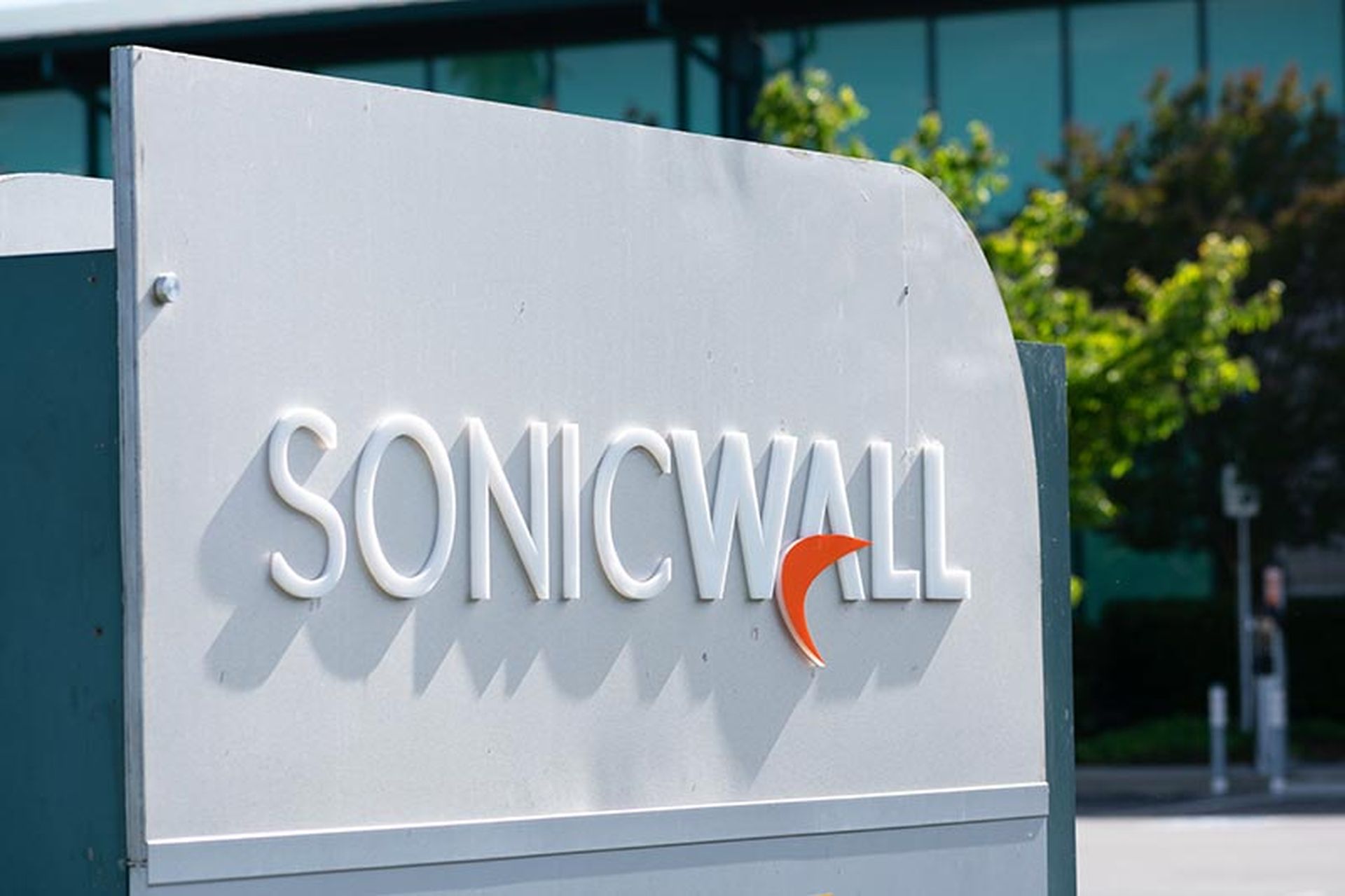Blue Mantis, which specializes in digital strategy and services that include managed services and cybersecurity services has completed another acquisition.
Colligio, a unified communications, networking and security solutions provider will now become part of Blue Mantis. Colligio specializes in Cisco-based technologies and has its headquarters in Walpole, Massachusetts.
With the acquisition, Blue Mantis said it will launch a new collaboration and unified communications practice, led by Colligio founder and president Sean Kelley who will have the title of VP of Collaboration and Unified Communications reporting to the company’s chief revenue officer. Before starting Colligio, Kelley served as director of infrastructure and collaboration for GreenPages which rebranded as Blue Mantis in 2023.
Got news or tips to share with us? Please send them to jessica.c.davis@cyberriskalliance.com.
Today’s MSSP Update
1. Seed funding round - Twine, a US and Israeli-based cybersecurity company, has raised $12M in seed funding co-led by Ten Eleven Ventures and Dell Technologies Capital, with participation from angel investors including the founders of Wiz. The initial capital will accelerate the development of Twine’s digital cyber “employees” to help security teams close the industry’s critical talent gap. The company’s first digital employee, Alex, learns, understands and takes away the burden of identity management tasks - proactively completing the organization’s cyber objectives.
2. Dell’s new Microsoft security services - Dell has introduced new security services for Microsoft environments. These are advisory services for Cybersecurity Maturity Model Certification (CMMC) for Microsoft and MDR with Microsoft.
3. New malware campaign - Cofense Intelligence’s newest research details a campaign delivering a new malware family known as “I2Parcae.” The campaign targets customer support contact forms to deliver an email containing the message submitted in the form. The tactic allows the threat actor to send their message with malicious content using legitimate web or email server infrastructure owned by the potential victim. This tactic will bypass many secure email gateways because the email originates from legitimate infrastructure. From the samples analyzed by Cofense Intelligence, this tactic allowed these messages to bypass Cisco IronPort and Proofpoint.
4. Splunk platform now on Azure - Splunk, the Cisco-owned cybersecurity and observability provider, has released its enterprise security, observability and platform offerings on Microsoft Azure. The company said this empowers organizations to scale their digital transformation on Azure with unified solutions that accelerate innovation and strengthen security.
5. Blackpoint Cyber achieves Microsoft status - Blackpoint Cyber has achieved Microsoft Verified Small & Medium Business (SMB) solution status through the Microsoft Intelligent Security Association (MISA). By achieving this status, Blackpoint Cyber has demonstrated that its solution is purpose-built for the needs of managed service providers (MSPs) and their SMB customers and is tightly integrated with Microsoft security technology, including Microsoft Defender for Business. Microsoft Defender for Business brings comprehensive endpoint security to SMBs, available through Microsoft 365 Business Premium or as a standalone solution.
6. More seed funding - RIIG, a risk intelligence and cybersecurity solutions provider, has closed a $3 million seed funding round. Led by the Felton Group, this capital will be used to accelerate the development and launch of RIIG’s AI-powered solutions, expand client support, and grow sales and marketing teams. RIIG specializes in white hat data trust services and offers open-source intelligence solutions designed for zero trust environments.
7. Ransomware groups in Q3 - Corvus Insurance, a wholly owned subsidiary of The Travelers Companies, new Q3 2024 Cyber Threat Report shows that attackers leveraging virtual private network (VPN) vulnerabilities and weak passwords for initial access contributed to nearly 30% of ransomware attacks. The report found that 40% of attacks in Q3 could be traced back to five groups, RansomHub, PLAY, LockBit 3.0, MEOW and Hunters International.




